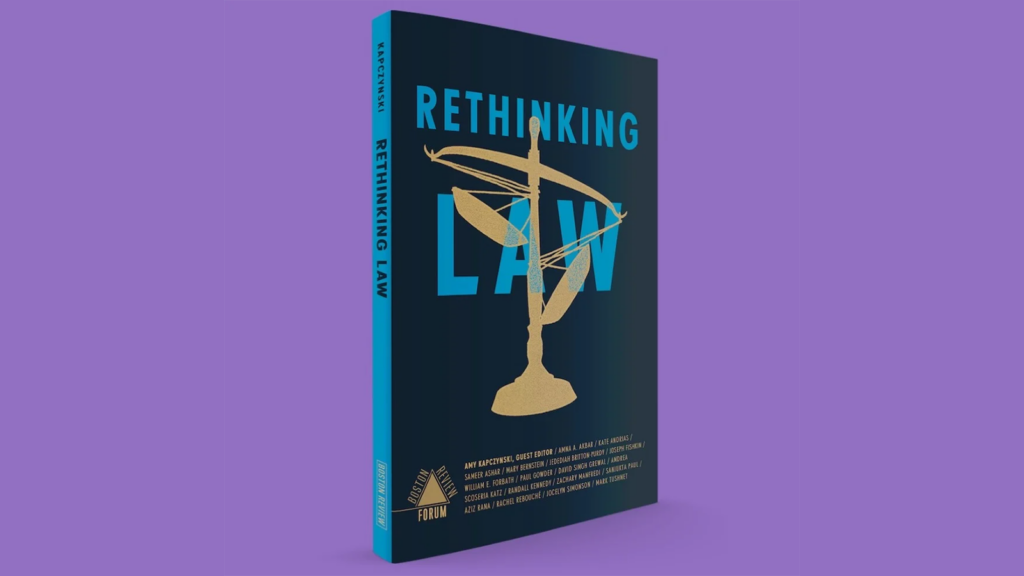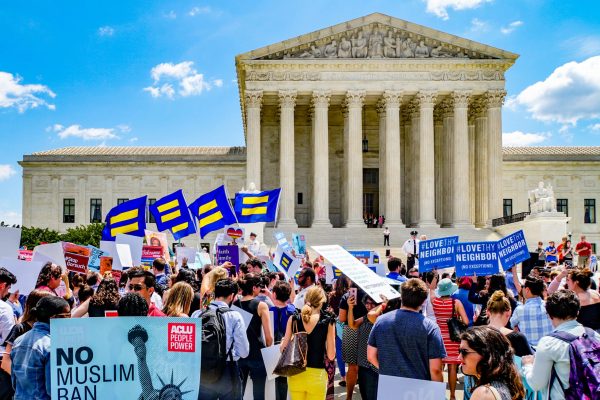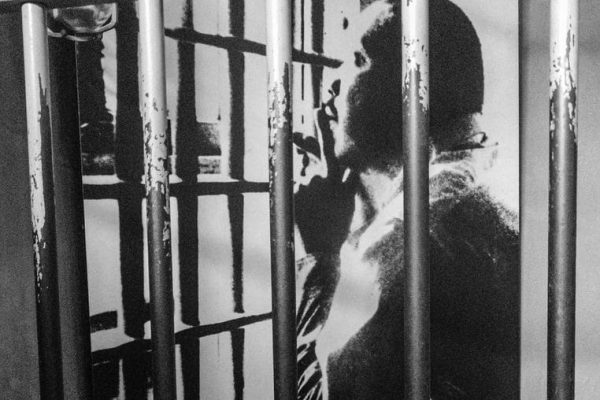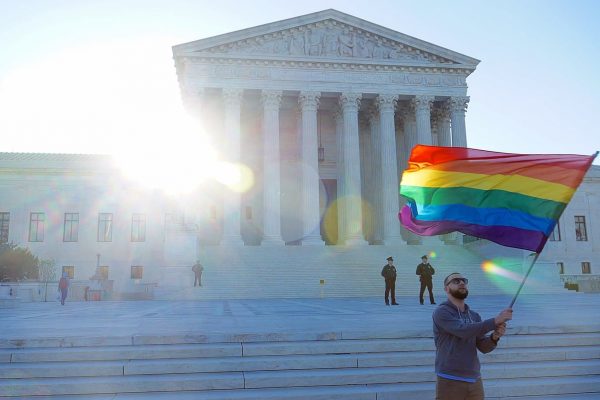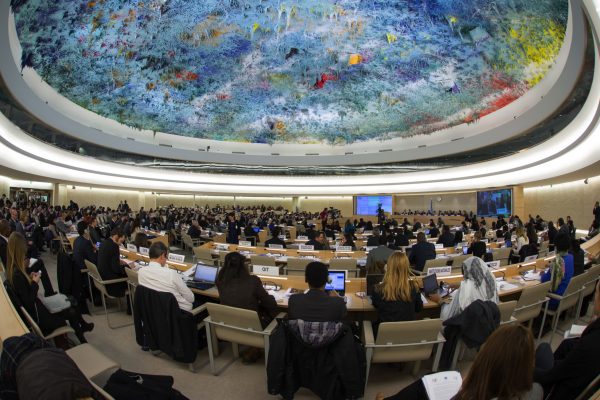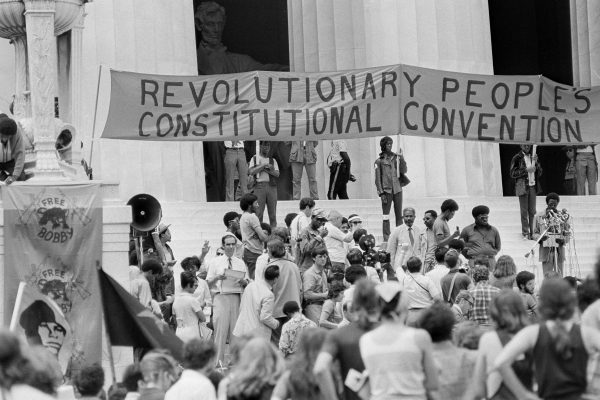Rethinking Law
A conservative Supreme Court is poised to roll back many progressive achievements, from affirmative action to abortion. In the forum that opens Rethinking Law, legal scholars Joseph Fishkin and William E. Forbath argue that the left must stop thinking of the law as separate from politics. Instead, we must recover a lost progressive vision, a “democracy of opportunity,” that sees the public—not the judiciary—as the ultimate arbiter of what the Constitution means.
Offering a nuanced picture of the relationship between law and politics, other essays in Rethinking Law further explore the meaning of law beyond the Constitution and the courts. They look to social movements, including civil rights and LGBTQ rights, for lessons about social transformation. While contributors debate the limits of law in a vastly unequal society, they agree that it remains an essential resource for building a more just world.
Editors’ Note
Deborah Chasman & Joshua Cohen
Essays
When we think, write, and act alongside movements, we help disrupt the everyday violence of law and imagine more radical transformation.
If we are to emerge from this era of crisis, we need legal thinking that operates on fundamentally different presumptions.
It is time to stop talking about Roe as the touchstone for abortion rights and to start imagining what law and policy can do to facilitate affordable and available services.
King could not accomplish what philosophers and theologians also failed to—distinguishing moral from immoral law in a polarized society.
In the fight for LGBTQ equality, the law is often the last thing to change.
Critics say human rights discourse blunts social transformation. It doesn't have to.
The language of universal rights can be a powerful tool for advancing social justice.
